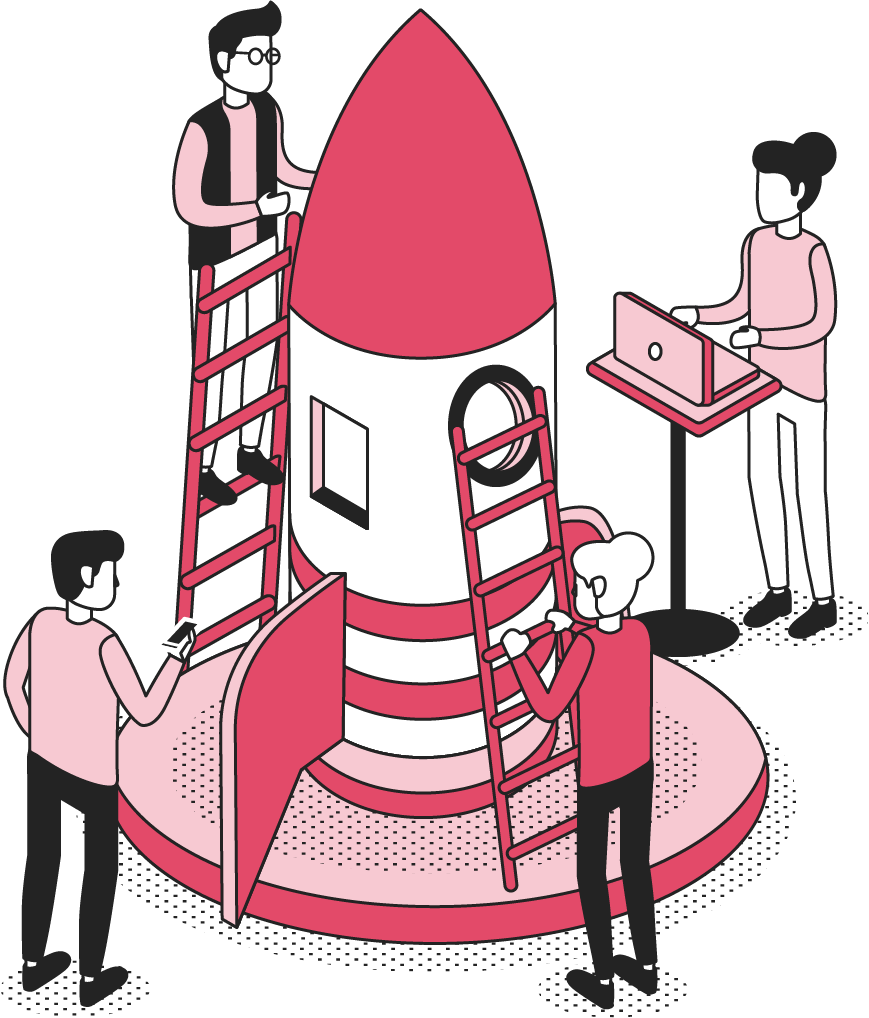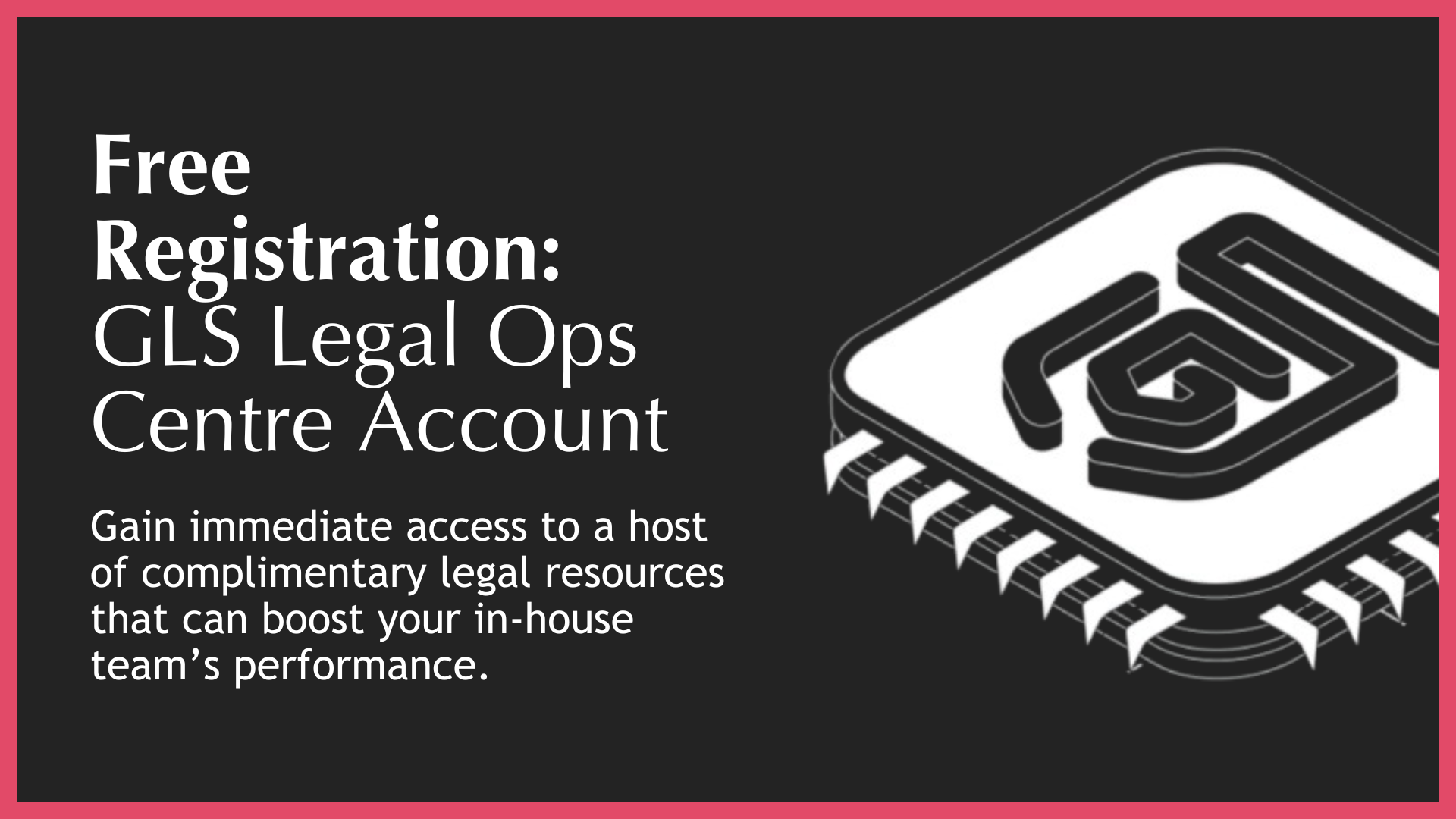Back
Legal Ops Essentials: 20 Tips to help you successfully implement your legal team transformation plan
5 mins • 03 Apr 22

20 Tips for the Successful Implementations of Legal Dept. Transformation Plans
In this Blog, we share with you 20 powerful tips on how to increase the chances of success of your transformation program – all derived from GLS’s 10+ years of client transformation implementations.
1. Quick Wins First:
Every organization is filled with failed transformation initiatives. So, if you want your transformation agenda to succeed, it is incumbent upon you to deliver an extended string of successful initiatives straight away. Success is the ultimate driver of transformation success, and you must deliver successful results from day 1.
2. Modular Implementation:
Break down each initiative into small, interconnected, but self-contained modules. Focusing on modular implementation increases strategic focus and massively reduces implementation risk.
3. Continuum of Implementation:
As far as possible, there must be a direct nexus between each initiative that you implement. You should not flutter between a variety of disparate initiatives. Each initiative should be logically, physically, and chronologically connected – this is essential to ensure strategic focus and maintain project momentum.
4. Pass-and-Proceed Methodology:
Your implementation plan should only progress to a new phase after the current phase has been successfully completed. Not only is this good project management, but it also builds vital momentum and program credibility – whilst keeping your work focused.
5. Avoid Long Shots:
Don’t ever seek to implement an initiative that has a difficult implementation risk profile – certainly not in the first year of your transformation. Low-risk implementations allow you to build up a proven record of implementation success– which will be essential if you ever want to take on more complex transformation initiatives.
6. Low-Tech Focus:
There is no single “high-tech solution” for a legal department that doesn’t require you to define the rules by which your legal team works. So start your transformation program with the production of policies, checklists, approval protocols, etc. – these are “low-tech” initiatives that are low cost and low risk but have powerful effects on department productivity. Always get these right first – before moving on to high-tech programs.
7. Measurable Initiatives:
As far as possible, you should focus on initiatives where you can build up an objective, empirical picture of “before” and “after” performance levels. You want your business to know that your transformation was a success – so it is incumbent upon you to capture and report “hard data” that demonstrates the success that was actually achieved.
8. Maintain Workflow Nexus:
Transformation initiatives that have a direct nexus to the workflows that the legal team is currently required to support enjoy greater success rates. Almost all legal teams are already working at full capacity – so tasking them on “unrelated” assignments can create unmanageable workloads (and resentment).
9. No Major IT Implementations:
This is a golden rule – there should be no major IT implementation (e.g. core systems) during the first year of your transformation program. Major IT deployments are a sign of “buy-solution-itus” –an affliction that many MNCs contract thinking they can spend their way through legal-tech-led transformation. It never works and is usually incredibly expensive. – This rule does not apply if your Current State Audit confirms that you already have all of your “low-tech initiatives” properly implemented/in place.
10. Stakeholder Delivery:
You must 100% deliver the strategic initiatives that your key stakeholders are most attached to. If you want their ongoing support, you must deliver their “pet projects” – even if those might not be the most obvious/logical projects. “Victory” here is not the initiative itself – but the stakeholder’s ongoing support.
11. Low-Hanging Fruit:
Whilst these should not be your exclusive focus– it is important to address “low-hanging fruit” projects both initially and at key transition points during the transformation. You want your program to start with and then continue to share “successful” implementation results on a constant basis.
12. Drive User Uptake:
Implementation success is not in itself the “goal” –massive user uptake of the relevant initiative is the goal. Upgraded and newly entrenched behavior is what you are looking to achieve, and your implementation must encourage this. E.g. don’t implement something that only a handful of your most tech-savvy colleagues can operate – encourage its widespread use!
13. Build Increasing Momentum:
You must create a “growing wave” effect within your transformation program – the bigger the wave the more it can carry. It is critical that the initial momentum that a correct program launch creates is maintained throughout the program. E.g. by the strategically scheduled implementations of “low-hanging fruit” initiatives. Continuously build on that momentum throughout the program. The bottom line is that momentum means transformations get completed.
14. Program Management:
Establishing a good program management team (“PMT”) is vitally important. This is especially true for larger legal departments and larger transformation programs. Ensure that your PMT includes/can access the following skill sets: strategic transformation experience, legal operations expertise, young/millennial lawyers, paralegal support, and some administrative capacity. The PMT should be driving all initiatives and demand accountability whilst positively incentivizing performance.
15. 100-Day Focus:
From Day 1 of your transformation program, and for every day thereafter, you should be focusing on a rolling “100-Day Plan”. The 100-Day plan is an effective way of ensuring that you remain task and output-focused. It is also a very effective means of ensuring constant productivity over programs that can take years (if ever) to complete.
16. Pre-Mobilisation Activity:
It is vital to build momentum prior to the “official launch” of your transformation program. This period is about focussing on stakeholder mobilization and engagement, formalizing program management, early starts on “low-hanging fruit” initiatives, and ensuring effective change management communications have been handled. Do not start your program only to have to immediately stall it to do the things that should have already been done!
17. Empower Your Juniors:
The reality is that junior legal team members are more likely to embrace transformation as it gives them the things they need: mobility, tech, interest, and responsibility. It is a reality that older members of established legal teams may display the most “muted” levels of enthusiasm for the transformation program.
18. Constant RPLV Application:
Every decision that you make throughout the implementation must involve the continuous application of the principles of Resource.Prioritisation.Leverage.Validation ("RPLV") decision-making. RPVL decision-making will ensure that you make each decision in a strategic framework. Apply RPLV to every single decision that you make during implementation. Click the embedded links to learn more about RPLV Decision Making and to access the GLS RPLV Decison-Making Framework for free.
19. Embrace Dynamic Adjustment:
As you launch into the implementation phase you can bet your last dollar that you are going to discover things that were not known to you when you were formulating your solution blueprint. This is okay – but what it does mean, especially when applying constant RPLV decision-making, is that certain decisions, priorities, etc. may need to be revisited. This should be viewed as constant optimization – and you must embrace it. Don’t doggedly hold onto the directions set by your initial blueprint.
20. Avoid Known Potholes:
Obviously, you must avoid known potholes. To do this you can lean on the experiences of those that have conducted transformation programs previously. GLS has published a significant commentary on transformation potholes – in particular – Part K (10 Things That Can Sink Your Legal Operations Agenda) (please click the highlighted link to download).
Ready To Transform Your Legal Team?
Please check out the GLS solutions and know-how resources listed on the right side of this page – they might assist your legal team with the issues explored in this Blog.
© The GLS Group - Law Rewritten
GLS Legal Ops Essentials: Tips & Observations
- In-house leaders must avoid transformation implementation failure at all costs
- Most in-house legal transformation plans have underwhelmed
- Successful implementations leave clear clues on what to do and what not to do
- Legal transformation requires a firm adherence to success based methodology
- Do not leave it to chance - follow the lessons learned and presented in this Blog

The GLS Legal Operations Centre
Register to access your complimentary Day 1 Resource Stack packed with legal team performance resources.

GLS Ultimate Guide To Legal Operations
Download this and read it thoroughly and regularly. It is a wonderful transformation companion.

Book A No-Obligation Consultation
If you would like discuss your legal transformation needs, please book a 30 minute free consultation with us.

GLS Legal Transformation Boot Camp
Our hugely successful, 10-week long, email-based boot camp on how to effectively transform your legal team.



